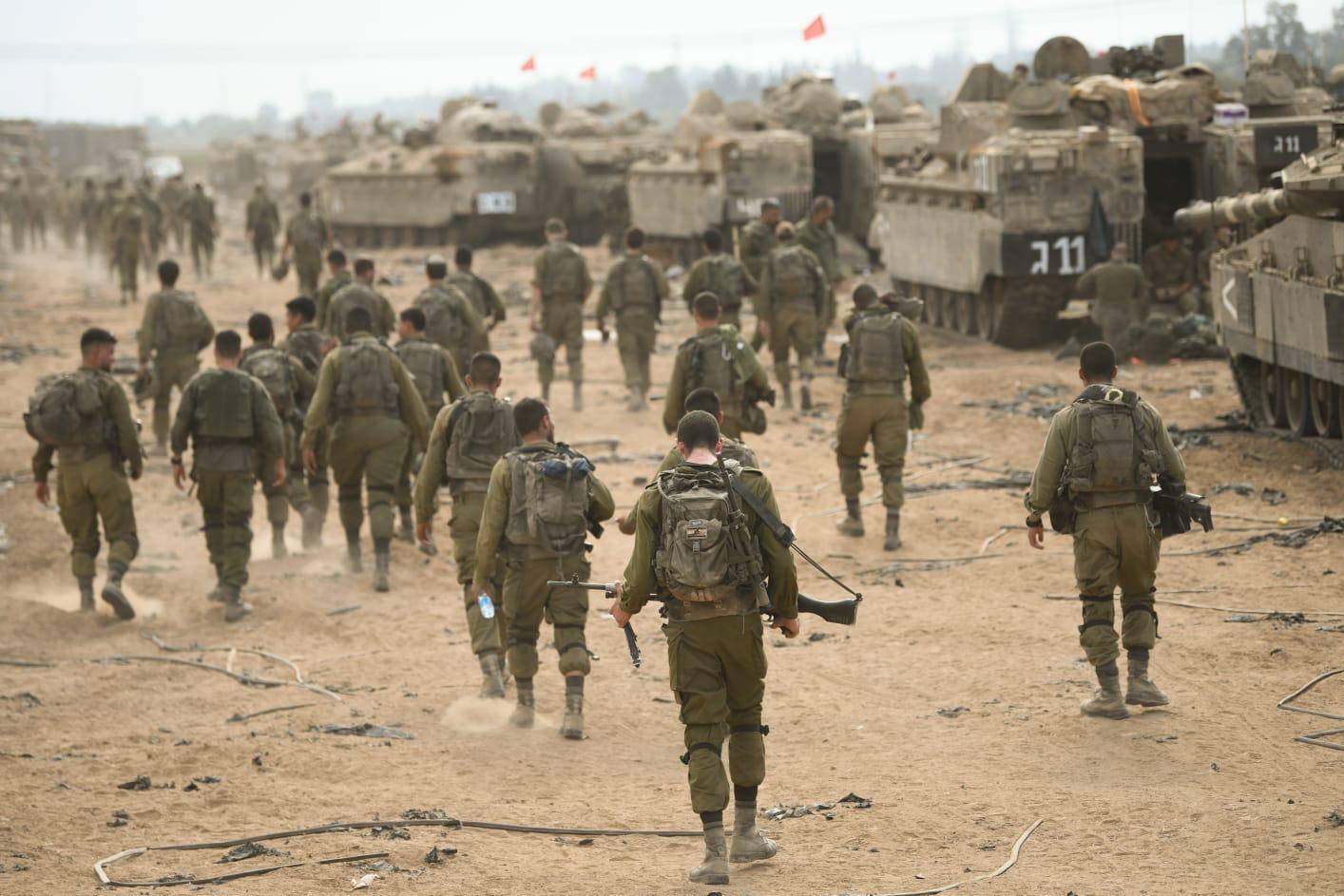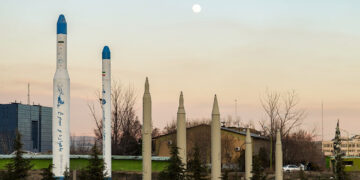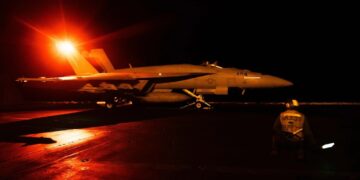March 26, 2024
Don’t count on the United Nations to stop bloodshed in Gaza

The United Nations Security Council, the U.N.’s most important body, is responsible for the maintenance of international peace and security. If there is a threat to the peace, the Security Council is supposed to meet, deliberate and adopt measures to curtail aggression and safeguard international law. It’s a weighty responsibility for any country represented on the panel, particularly for the permanent members — the United States, the United Kingdom, France, Russia and China — most associated with the panel’s procedures.
That’s the ideal, anyway. In reality, the Security Council isn’t some magnanimous organization with a common platform, but rather a collection of individual states with their own self-interests. Arguments ensue, fingers are pointed, and blame is cast — and the result is often deadlock. The Security Council is less a happy family and more like an estranged one forced to be under the same roof for a few hours on Thanksgiving Day. Sure enough, the insults flow, and the food flies.
This dynamic is nothing new for the Security Council. But the world has witnessed it vividly with respect to Israel’s latest war against Hamas in Gaza, which has claimed more than 32,000 Palestinian lives and turned most of the enclave into ruins. And it may have already pushed some parts of northern Gaza into famine. On Friday, the U.S. tabled a draft resolution at the Security Council that condemned all acts of terrorism, called on all parties to obey international humanitarian law and emphasized the importance of establishing a cease-fire. For President Joe Biden’s administration, the effort was a common-sense approach to back up the ongoing diplomacy U.S. officials are conducting alongside Qatar and Egypt to accomplish a truce and get the remaining hostages out of Gaza.
Yet for others, the U.S.-drafted initiative was a cynical ploy that called for a cease-fire without explicitly doing so. The language the U.S. chose to use — “Determines the imperative of an immediate and sustained cease-fire” — was viewed by Russia and China as mealy-mouthed at best and cynical at worst. “The US draft is a thoroughly politicized document, which only aims at pulling on voters’ heartstrings before the US elections by throwing them a ‘bone’ in the form of at least some mention of a ‘ceasefire’ in Gaza,” Russia’s U.N. ambassador said after casting his vote.
More on Middle East

May 6, 2025






